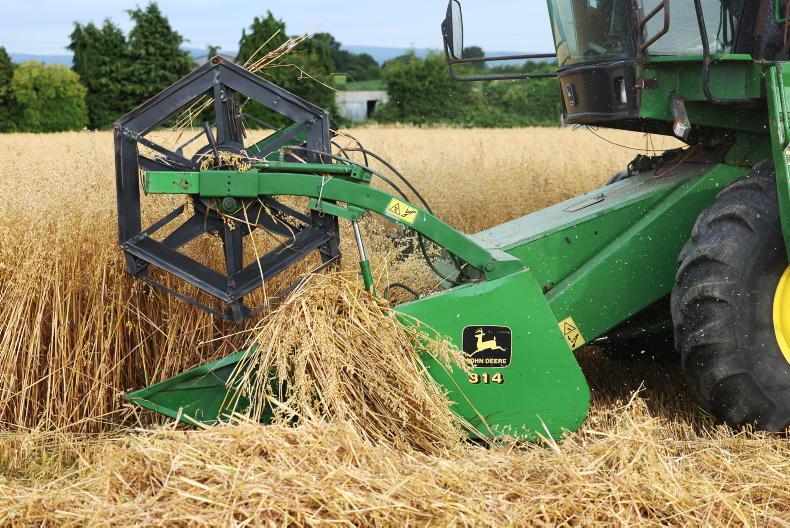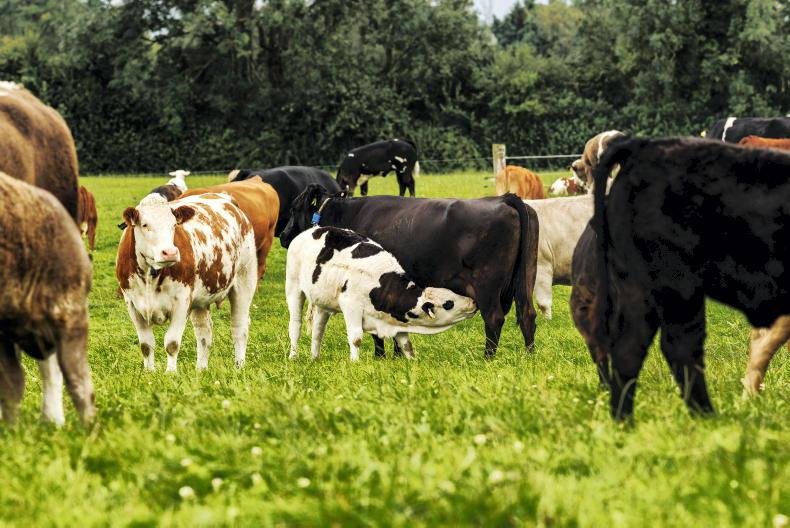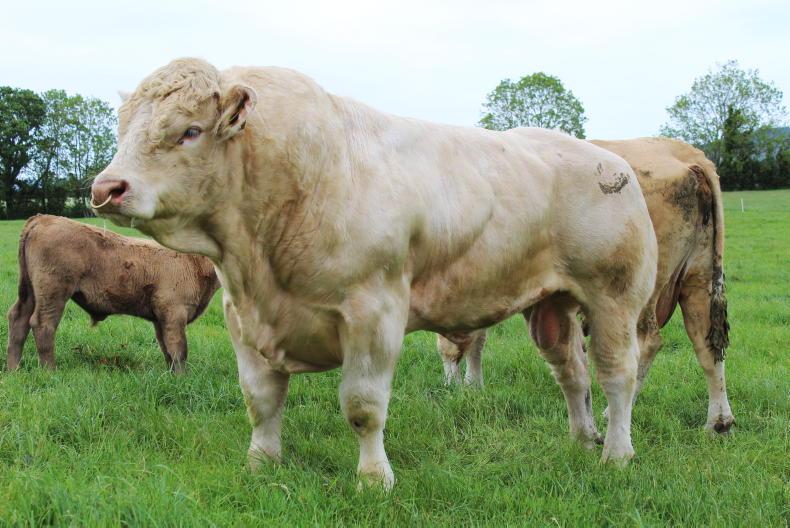DAERA officials are considering proposals for new support schemes which would incentivise NI farmers to cut greenhouse gas emissions.
Potential measures include building carbon levels in soils and hedgerows, improving livestock genetics and encouraging more efficient production.
“We are still at an early development stage on those, but we are moving at pace,” said senior DAERA official Dr Rosemary Agnew.
Speaking at Stormont last week, Agnew suggested that a “menu” could be included in new agricultural policy which would form the basis for claiming payments in the future.
MLAs were told that the department are “exploring a number of tools and levers” that will help the agriculture sector meet future emissions targets.
“We are going to have a target for 25 or 30 years ahead, irrespective of what happens with any of the [climate change] bills that are under consideration,” Agnew said.
“There will be different solutions for different farms on different landscapes,” she added.
Soil sampling
One proposal is to carry out a soil-sampling exercise on all NI farms to assess soil fertility and to quantify the amount of carbon stored in soils. The survey could also be used to calculate how much carbon is tied up in the likes of hedgerows and trees.
“It would start to fill in those gaps and give farmers information about nutrients on their farms, but also carbon and biomass so they can work out where they are with carbon neutrality and how they can move forward,” suggested Dave Foster from DAERA.
However, Foster acknowledged that “some development work” may be needed with testing methods to ensure that carbon levels can be accurately quantified across all soil types in NI.
Livestock
Other potential measures that were floated with MLAs include incentives for more efficient livestock production. Examples were given of how killing prime cattle at younger ages and calving heifers at 24 months, instead of 30 months, leads to lower greenhouse gas emissions.
“One of the areas that we are starting again to look at is how genetics and a livestock data programme could be embedded within a future agricultural policy framework to improve not just environmental performance but the economic performance,” Rosemary Agnew said.









SHARING OPTIONS